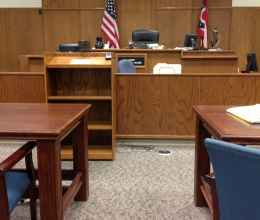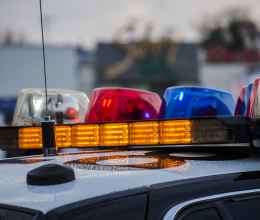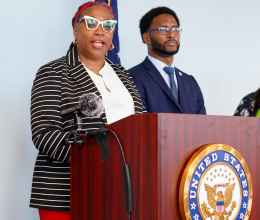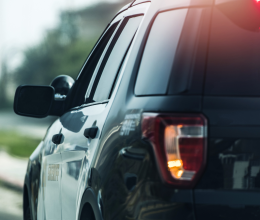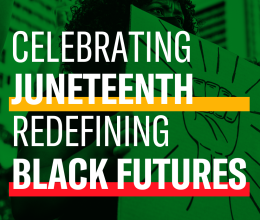An independent report released over the July 4 weekend on the Boston Police Department’s encounters with civilians confirms exactly what the BPD and the ACLU were told in March 2014, and what the ACLU said in a report released nearly 9 months ago – namely, that BPD’s street encounters reflect racially disparate treatment of Black and Hispanic people in Boston.
The ACLU of Massachusetts is pleased to hear that the BPD will adopt some of the reforms we recommended in our October 2014 report, Black, Brown & Targeted, including a bias-free policing policy and regular publication of data. But in light of the serious evidence of disparate treatment, we hope the BPD also will adopt additional reforms, such as using body-worn cameras with adequate privacy protections, that have been adopted by other major-city police departments.
Here are some key findings from the BPD-commissioned study, which was based on what the BPD calls Field Interrogation, Observation, Frisk and/or Search reports, or FIO reports for short:
- [T]he analyses revealed that the percentage of Black and Hispanic residents in Boston neighborhoods were . . . significant predictors of increased [street encounters] after controlling for crime and other social factors. . . . For instance, a neighborhood with 85 percent Black residents would experience approximately 53 additional [police-civilian encounters] per month compared to an “average” Boston neighborhood.
- Black subjects experienced 8 percent higher numbers of repeat [police-civilian encounters] , controlling for prior criminal history, gang membership, and other factors.
- Black subjects . . . were roughly 12 percent more likely to be frisked/searched during a [police-civilian encounter], controlling for prior criminal history, gang membership, and other factors.
- These racial disparities generate increased numbers of [police-civilian encounter] reports in minority neighborhoods above the rate that would be predicted by crime alone.
- These analyses revealed racially disparate treatment of minority persons.
Wow! No wonder the BPD is putting this out on a holiday weekend!
The BPD report also included a couple of new findings.
First, the BPD report found that white BPD officers are far more likely than Black or Asian officers to stop, frisk and search people.
Of course, most Black and Hispanic residents in Boston don’t need data analysis to tell you that they are frequently stopped, questioned, frisked and searched on our city streets.
Still, it’s refreshing to see the BPD is actually adopting some of the ACLU’s recommendations for policy reform, particularly a policy to prohibit biased policing and a promise to provide annual updates on police-civilian encounter data. Those are good starts, so long as the training and policy address implicit bias, not just overt racism. Moreover, it’s important that police-civilian encounter data is made publicly available, rather than given to a BPD-selected researcher and released after a long delay on the Friday of a holiday weekend.
Finally, it’s time for Boston to follow Seattle and other world-class cities who are piloting the use of body-worn cameras as a way to restore community trust in those whose job it is to serve and protect everyone – with equal justice under the law.
Carol Rose is executive director of the ACLU of Massachusetts.
